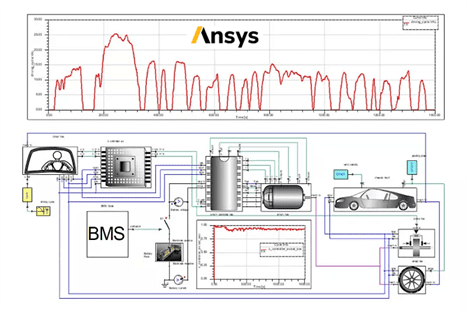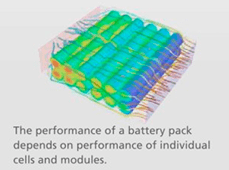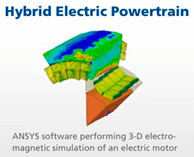

Ansys provides a comprehensive suite of simulation tools that enable engineers to design, test, and optimize various components of Hybrid Electric Vehicles. These tools facilitate a detailed analysis of multiple aspects, including thermal management, structural integrity, electromagnetic interference, and fluid dynamics. Here are some key areas where Ansys simulations make a significant impact:

